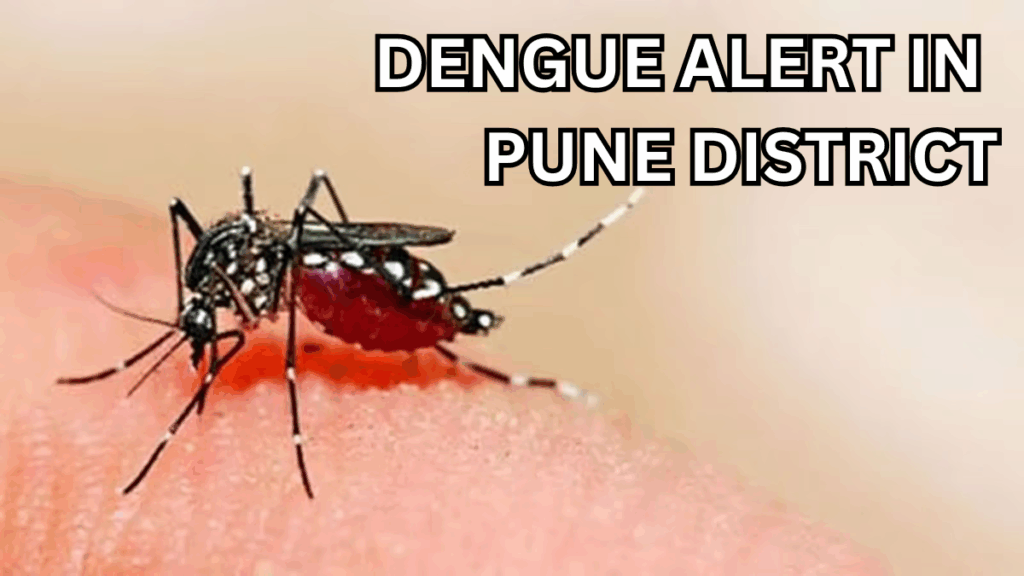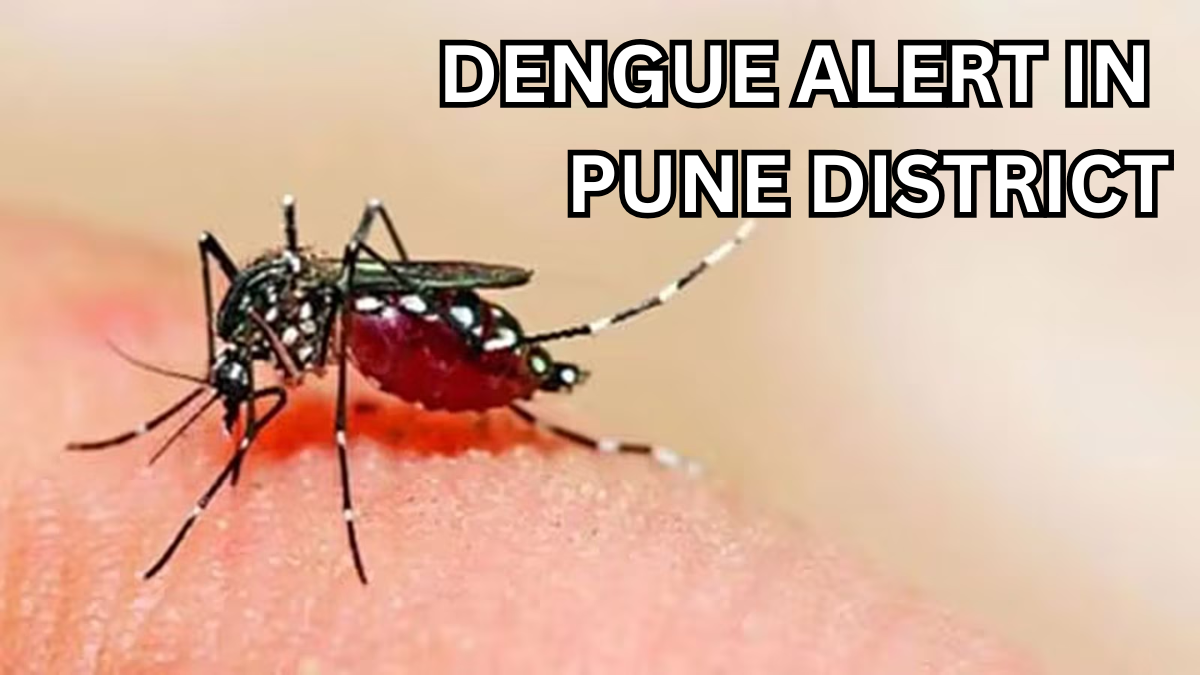As the 2025 monsoon season continues, Pune district is experiencing a significant surge in dengue cases. Health authorities have issued a dengue alert in response to the increasing number of infections.

Dengue Cases in Pune: A Closer Look
Recent data from the Pune Municipal Corporation (PMC) and Pimpri Chinchwad Municipal Corporation (PCMC) highlight the escalating situation:
| Area | Confirmed Dengue Cases | Suspected Dengue Cases | Chikungunya Cases |
|---|---|---|---|
| Pune Municipal Corporation (PMC) | 51 | 1,366 | 17 |
| Pimpri Chinchwad Municipal Corporation (PCMC) | 62 | 2,281 | Not specified |
Data as of September 2025
Monsoon Conditions Fueling the Outbreak
The monsoon season creates ideal breeding grounds for the Aedes aegypti mosquito, the primary vector for dengue. Stagnant water in containers, discarded tires, and uncovered water tanks provide perfect conditions for mosquito larvae to thrive.
Health Authorities Respond
In response to the rising cases, both PMC and PCMC have intensified their efforts:
-
Surveillance and Testing: Increased monitoring and testing of suspected cases.
-
Public Awareness Campaigns: Educating residents about preventive measures.
-
Fogging Operations: Conducting fogging in high-risk areas to reduce mosquito populations.
-
Community Engagement: Engaging local communities in eliminating mosquito breeding sites.
Preventive Measures: What You Can Do
Residents are urged to take the following precautions:
-
Eliminate Stagnant Water: Regularly empty and clean containers that collect water.
-
Use Mosquito Nets: Sleep under mosquito nets, especially during peak mosquito activity hours.
-
Apply Mosquito Repellents: Use repellents containing DEET on exposed skin.
-
Wear Protective Clothing: Wear long-sleeved shirts and pants to minimize skin exposure.
FAQs
1. What are the symptoms of dengue?
Common symptoms include high fever, severe headache, pain behind the eyes, joint and muscle pain, rash, and mild bleeding.
2. How is dengue transmitted?
Dengue is transmitted through the bite of an infected Aedes mosquito, primarily during early morning and evening hours.
3. Is there a vaccine for dengue?
Currently, there is no widely available vaccine for dengue in India. Prevention relies on mosquito control and personal protection measures.
4. What should I do if I suspect I have dengue?
Seek medical attention promptly. Early detection and proper medical care are crucial for reducing risks of complications.
Click here to learn more
